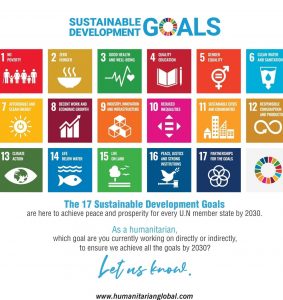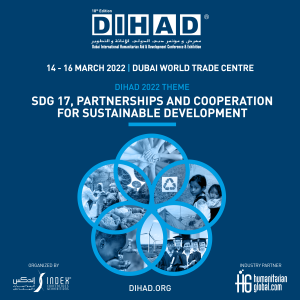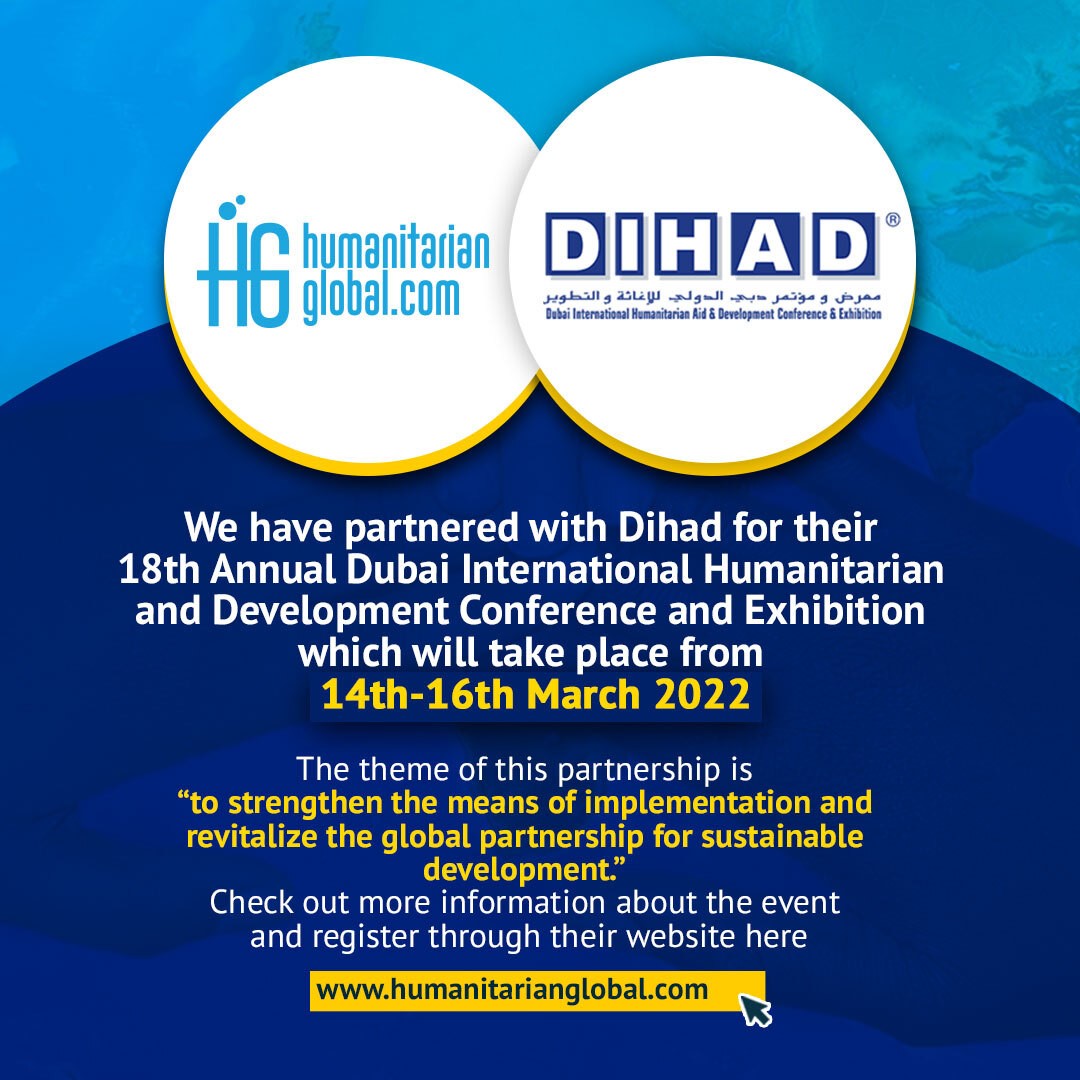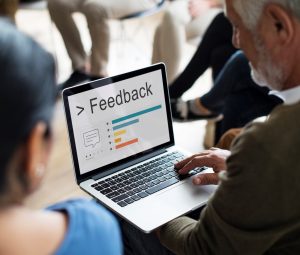A successful SDG agenda requires strong partnerships and cooperation between the private sector, governments, and civil society. Hence the Sustainable Development Goal 17 (SDG 17), “partnerships for the goals”, which was established in 2015 by the United Nations “to strengthen the means of implementation and revitalize the global partnership for sustainable development.” SDG 17 refers to the need for cross-sector and cross-country collaboration in the pursuit of all goals. It is a vision for enhanced and more equitable trade and organized investment initiatives to foster sustainable development across borders. The goal is to strengthen and streamline cooperation between both developed and developing nation-states, using the SDGs as a shared vision and a shared framework for defining that collaborative way forward.
SDG 17 encompasses 17 targets to be attained by 2030, categorized into five: finance, trade, technology, capacity building, and systemic issues. Climate change is worldwide, and businesses are just as significant to fighting it as are governments. Without scientists, universities, and the exchange of knowledge across continents, innovation can’t happen. Gender equality is also as much about communities as it is about legal instruments. The fact that our epidemics are global means that their solutions are too. For a successful development agenda, inclusive partnerships built upon shared goals and a shared vision are needed at the local, regional, and global levels.
The COVID-19 pandemic has brought about a sizeable and unprecedented blow to progress in the pursuit of all goals. It has put the spotlight on the vital role of global partnerships, SDG 17. It is the realization of the relevance of partnerships and global cooperation that has led to the decision by the International Advisory Board that the DIHAD 2022 event’s focus would be on SDG 17, “Partnerships for the Goals”. According to the report by the United Nations Secretary-General on the Progress towards the Sustainable Development Goals, the several fiscal effects of the pandemic are causing debt distress and limiting those investments necessary for recovery and the SDGs in many countries. The 2021 High-Level Political Forum on Sustainable Development (HLPF), the UN’s flagship platform for review and follow-up of the 17 SDGs, which concluded on July 15th, focused on “Sustainable and resilient recovery from the COVID-19 pandemic”.
While all goals are definitely important, the DIHAD 2022 Conference will review ten of them more specifically, looking at all of them through the prism of SDG 17. There shall be individual Sessions for “Zero Hunger” (SDG 2) and “Climate Action” (SDG 13) as well as a Special (half-day) Session on “Peace, Justice and Strong Institutions” (SDG 16). There shall then be four Sessions that each link up two SDGs, as follows:
- “Good Health & Wellbeing” (SDG 3) and “Clean Water & Sanitation” (SDG 6).
- “Economic Growth and Decent Work for All” (SDG 8) and “Industry, Innovation & Infrastructure” (SDG 9).
- “Gender Equality” (SDG 5) and “Reduced Inequalities” (SDG 10).
- “Life below Water” (SDG 14) and “Life on Land” (SDG 15).

On the subject of “Zero Hunger” (SDG 2), the impact of COVID-19 has been considered since it has further heightened existing vulnerabilities and global food systems inadequacies. For this reason, hundreds of millions of people could be added to the existing number of chronically undernourished people. In 2019, some 690 million people i.e. 8.9% of the global population were hungry. The World Food Programme and other agencies at the front line in the context of zero hunger have interesting suggestions on how they can significantly lower these numbers, most of which entail enhanced cooperation and partnerships.
As far as “Good Health and Wellbeing” is concerned, the pandemic has now stopped and even reversed the progress made in various health sectors, including the reduction of communicable diseases, maternal and child health, and immunization coverage. The Global COVAX Initiative was expected to ensure the urgently needed equitable global distribution of COVID-19 vaccines but despite some generous contributions, we are not on track to achieving this goal by the year 2030. Partnerships and cooperation should both be accelerated and enhanced in this respect.
In regard to “Clean Water & Sanitation”, as essential as these services are in promoting and protecting human health, billions of people in the world still live without them. It is duly acknowledged that we are collectively not where we should be.
In terms of “Economic Growth and Decent Work for All”, the COVID-19 pandemic has led to massive damage to income and working time, and caused the worst global economic recession since the Great Depression. It has hit the transport and manufacturing industries hard, resulting in job losses and declining incomes in these and associated sectors. The World Bank and some of the Regional Development Banks are taking commendable initiatives to help governments alleviate the damage and recover therefrom, but it is insufficient and the crisis is far from over.
When it comes to “Gender Equality” and “Reduced Inequalities within and among Countries”, it is evident that the pandemic has also had adverse effects on the progress made in earlier years. There has been an intensification of violence against women and girls. While they play a very important role in the response to COVID-19, women in most countries are still under-represented in positions of leadership, and their rights and needs are overlooked in recovery processes. The most vulnerable people and the poorest countries are hit hardest, thus dramatically highlighting the issue at hand. Many organizations are on the frontline to reduce these inequalities and others have these objectives mainstreamed into their overall work programs. However, the agreed-upon global approach needs to be accelerated and intensified.
In regard to “Urgent Action to Combat Climate change”, it is urgent and immediate action is required. Recent and current extreme global climate-related events have had a huge impact on the totality of SDGs. The objective of the DIHAD 2022 Conference will be to address this and all topics while focusing on practical aspects of selected areas of concern, hence identifying best practices, encouraging new collaborative participant links, and strengthening existing partnering arrangements for the benefit of those we are jointly dedicated to supporting the respective aid-oriented endeavors.
The “Life below Water” and “Life on Land” session in some ways will be “cross-cutting” with others and hence ensuring that all SDGs are very intricately related. The livelihoods of three billion people in the world depend on the seas, oceans, and marine resources, which are under constant threat from pollution, acidification and warming. Therefore, marine environments should be protected, and existing legislative instruments, as well as enhanced partnerships and cooperation, must be effectively enforced. Since life on land is equally as essential for survival as life below water, joint dedication is needed in protecting, promoting, and restoring terrestrial ecosystems, sustainably managing forests, and combating biodiversity loss and desertification.
Lastly, SDG 16 addresses “Peace, Justice and Strong Institutions”. According to the UN Secretary-General’s report, millions of people still live in fragile and conflict-affected countries. Towards the end of 2019, the number of people who had been forcibly displaced globally totaled 79.5 million. To highlight how far we are from attaining the goal of just, peaceful, and inclusive societies, homicides, violence against women and children, civilian deaths in armed conflicts, human trafficking, and unlawful detentions are but a few of the very many tragic occurrences we still have to fight. One common driver of underdevelopment is the lack of good governance, which leads to poverty and conflict. This too needs addressing, through the various existing global partnerships. If we look on and do nothing, we are destroying the world.

At DIHAD 2022, friends and colleagues from the Red Cross/Red Crescent Movement, national government authorities, international organizations and NGOs, academic institutions, foundations and charities, the private sector, and the media will be gathered to come up with various actionable agreed upon recommendations and conclusions. Each edition of this special event, held under the patronage of Vice-President and Prime Minister of the UAE and Ruler of Dubai, H.H. Sheikh Mohammed Bin Rashid Al Maktoum, spotlights different aspects of DIHAD’s development endeavors and collective humanitarian aid. Moreover, the selected theme of the conference, the related presentations, and the interaction at the event and its margins continue to promote the knowledge that development and humanitarian actors have regarding each other, hence ensuring greater clarity on respective roles, mandates, and capacities and further reinforcing effective coordinated action.
On behalf of the International Advisory Board of the DIHAD Sustainable Humanitarian Foundation, H.E. Amb. Gerhard Putman-Cramer, the Chief Executive Officer invites you to the event’s 18th edition. DIHAD Sustainable Humanitarian Foundation looks forward to welcoming you and thanking all who actively contribute to the realized success of the Conference, the online Premium Webinars, the pre-Conference Workshop, and the Exhibition.
DIHAD 2022 promises to be, yet again, a landmark event!







